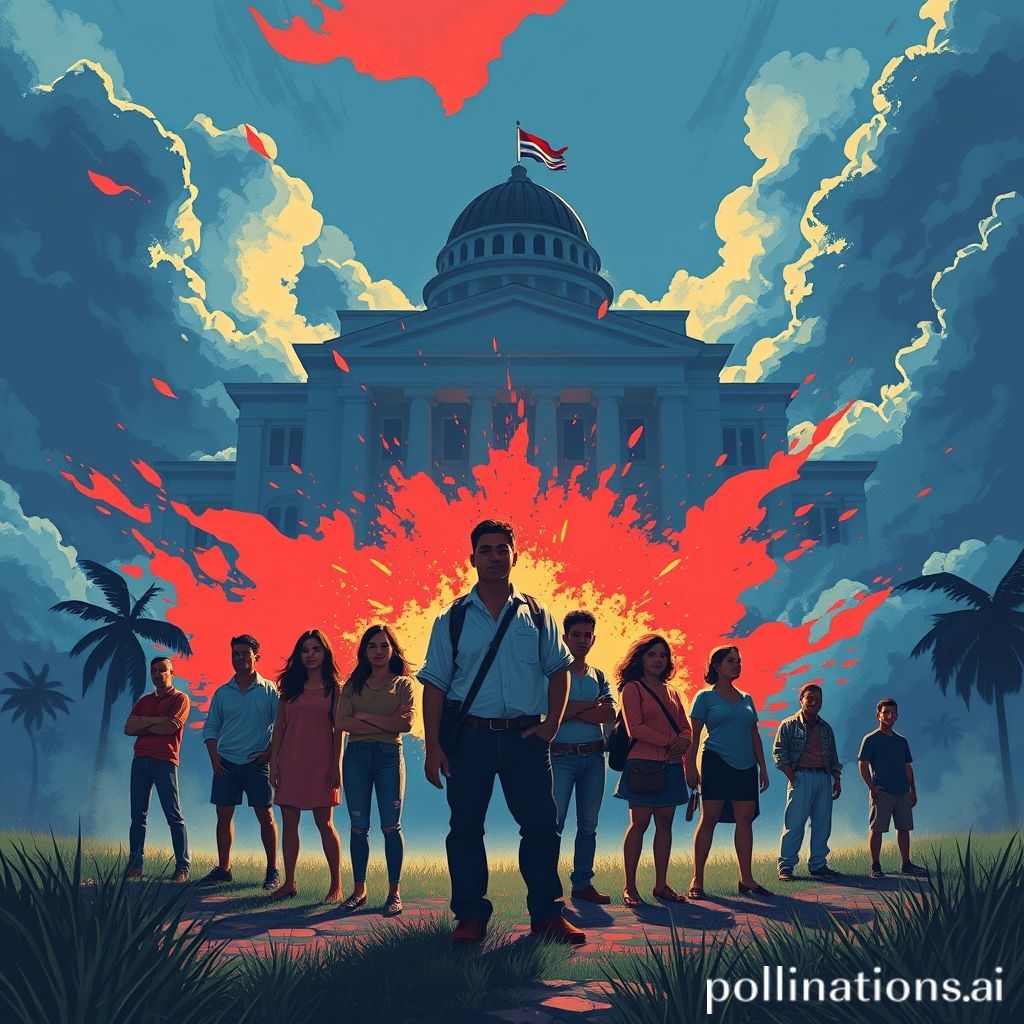U.S. to revoke protected status for immigrants from Honduras and Nicaragua

U.S. to revoke protected status for immigrants from Honduras and Nicaragua
A Chapter Closes: Examining the End of TPS for Hondurans and Nicaraguans in the US
Hey everyone, it's important to stay informed about immigration policies, which deeply affect lives and communities. Today, let's unpack a significant shift: the US government's decision regarding Temporary Protected Status, or TPS, for Honduras and Nicaragua. This isn't just about policy; it's about the real-life consequences for thousands of individuals and families who have built lives in the US.
What is Temporary Protected Status (TPS)?
TPS is a humanitarian program established by the US government. It offers temporary protection to foreign nationals residing in the United States who are unable to return safely to their home country due to ongoing armed conflict, environmental disaster, or other extraordinary and temporary conditions. Those granted TPS can live and work legally in the US for a designated period.
The History of TPS for Honduras and Nicaragua
Both Honduras and Nicaragua were initially designated for TPS in the late 1990s following devastating natural disasters. In 1998, Hurricane Mitch, one of the deadliest Atlantic hurricanes in history, ravaged Honduras and Nicaragua. The devastation prompted the US government to grant TPS, recognizing the countries' inability to safely receive returning nationals.
For years, these designations were periodically extended, acknowledging the continued challenges faced by both nations. Political instability, gang violence, and lingering economic problems contributed to the need for ongoing protection.
The Decision to Revoke and its Justification
In 2017 and 2018, the Trump administration announced its intention to terminate TPS for both Honduras and Nicaragua. The administration argued that the original conditions that led to the designations no longer existed. They claimed that both countries had recovered sufficiently from the aftermath of Hurricane Mitch to safely accommodate returning nationals.
This decision sparked immediate legal challenges, with advocacy groups arguing that the administration's assessment was flawed and ignored the ongoing realities on the ground. They pointed to persistent violence, poverty, and the impact of climate change as factors that continued to make return unsafe.
Legal Battles and Court Rulings
The termination of TPS for Honduras and Nicaragua has been tied up in legal battles for years. Several lawsuits were filed, challenging the government's decision-making process. Courts have issued injunctions, temporarily blocking the terminations while the cases were being litigated. The legal arguments have centered on whether the administration adequately considered the facts on the ground and whether political considerations influenced the decision-making process. These legal battles are ongoing, making the future for those with TPS uncertain.
The Impact on Individuals and Families
The revocation of TPS has significant consequences for individuals and families who have lived in the US for decades. Many have established deep roots in their communities, built careers, started businesses, and raised families. Returning to their home countries after so long would be incredibly disruptive, potentially forcing them to leave behind everything they have built.
Consider the tables to understand impact
| Impact Area | Description |
|||
| Economic | Loss of workforce, potential disruption to industries that rely on TPS holders |
| Social | Separation of families, increased anxiety and stress among affected communities, potential increase in undocumented population |
| Humanitarian | Risk of returning individuals to unsafe or unstable conditions, potential strain on resources in home countries |
Comparing Honduras and Nicaragua
While both countries faced TPS termination, their situations are not identical. Honduras has faced significant challenges with gang violence and political instability. Nicaragua has been dealing with political unrest and human rights concerns.
| Feature | Honduras | Nicaragua |
||||
| Key Challenges | Gang violence, poverty, political instability | Political unrest, human rights concerns, economic challenges |
| Economic Situation | High poverty rates, dependence on remittances | Economic stagnation, reliance on agriculture |
| Political Climate | History of political instability | Authoritarian rule, suppression of dissent |
The Biden Administration's Stance
While the Biden administration has expressed a more sympathetic view towards immigrants, the legal battles surrounding the TPS terminations have continued. The administration has been navigating the complexities of the ongoing litigation. It has also been reassessing the conditions in both Honduras and Nicaragua to determine whether new designations or extensions of TPS are warranted.
A Complex Situation with Uncertain Outcomes
The situation surrounding TPS for Honduras and Nicaragua is complex and evolving. The legal challenges, the political considerations, and the real-life consequences for individuals and families make this a critical issue to watch. It highlights the ongoing debate about immigration policy and the balance between national security, humanitarian concerns, and economic interests.
What happens next? The future remains uncertain, with ongoing legal battles and potential policy shifts. But one thing is clear: this decision has a profound impact on thousands of lives and communities, underscoring the importance of informed discussions and compassionate solutions. Immigration issues are never easy. They tug at our emotions and challenge our perspectives. But by staying informed and engaging in thoughtful dialogue, we can work towards solutions that are both just and humane. The story of TPS for Hondurans and Nicaraguans reminds us that immigration is not just a policy issue, but a human one.
Sources:
US Department of Homeland Security
Congressional Research Service reports on Temporary Protected Status
News articles from reputable sources such as The New York Times, The Washington Post, and Reuters covering immigration policy and court rulings.
Comments
Post a Comment